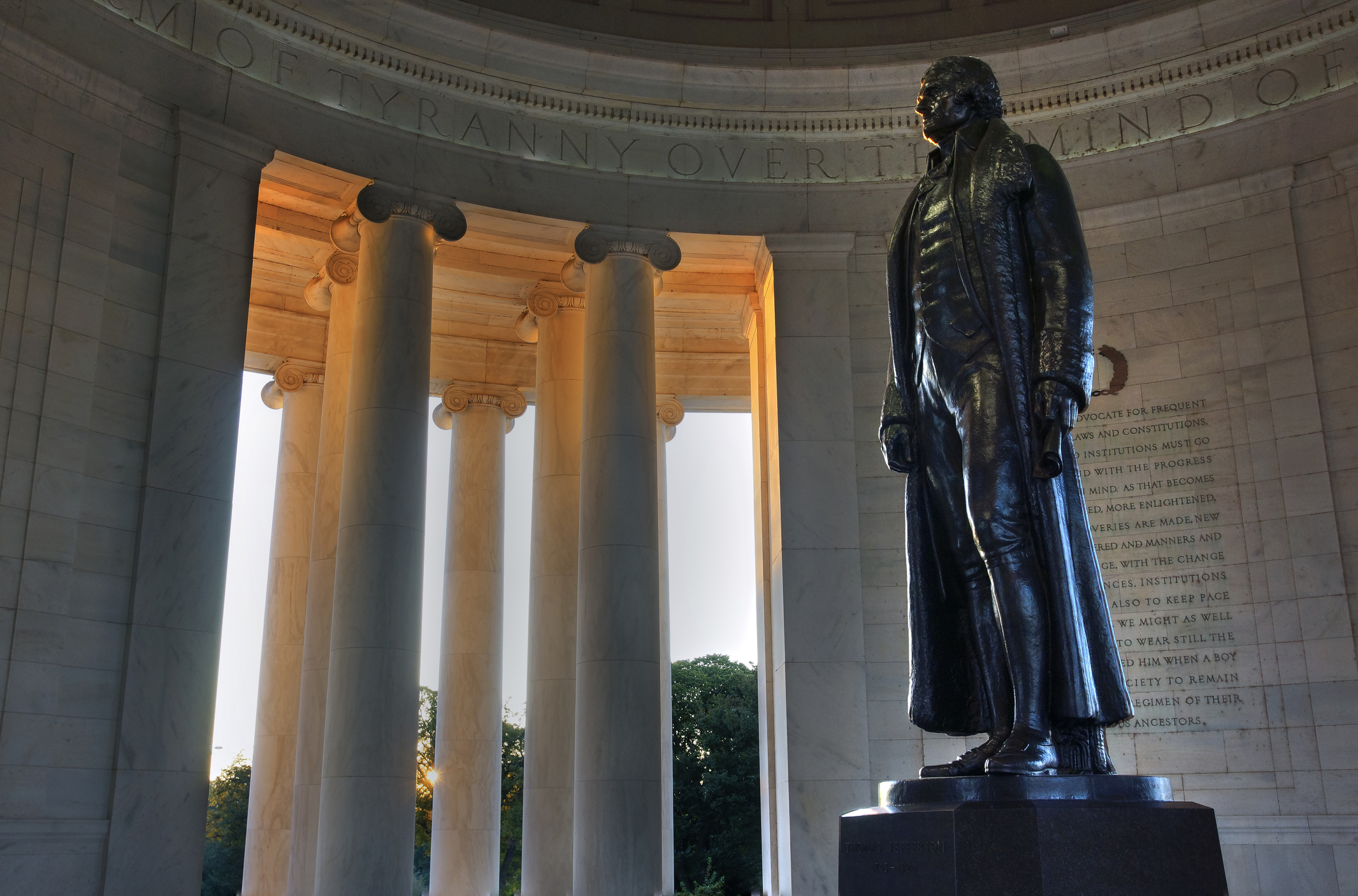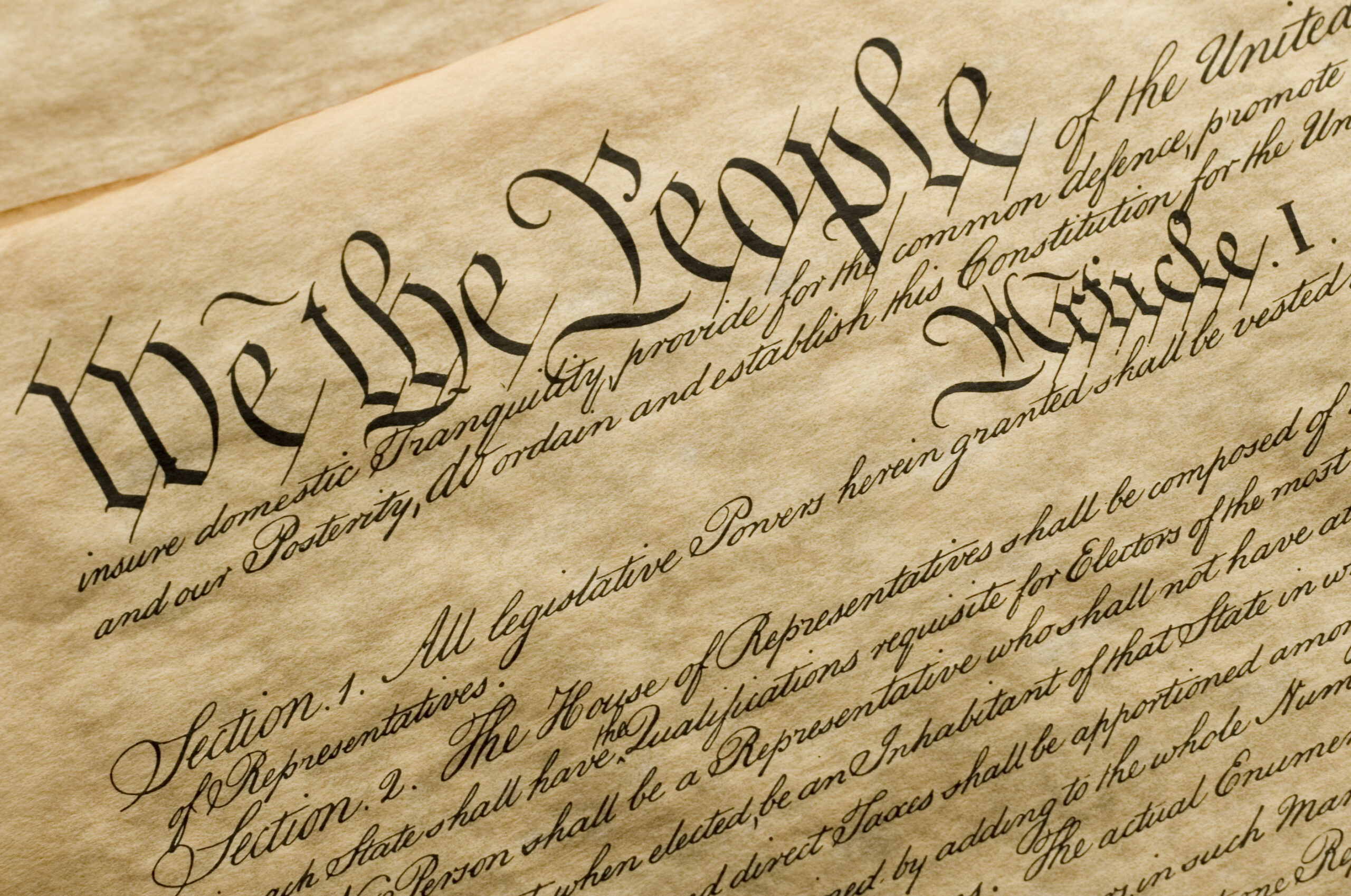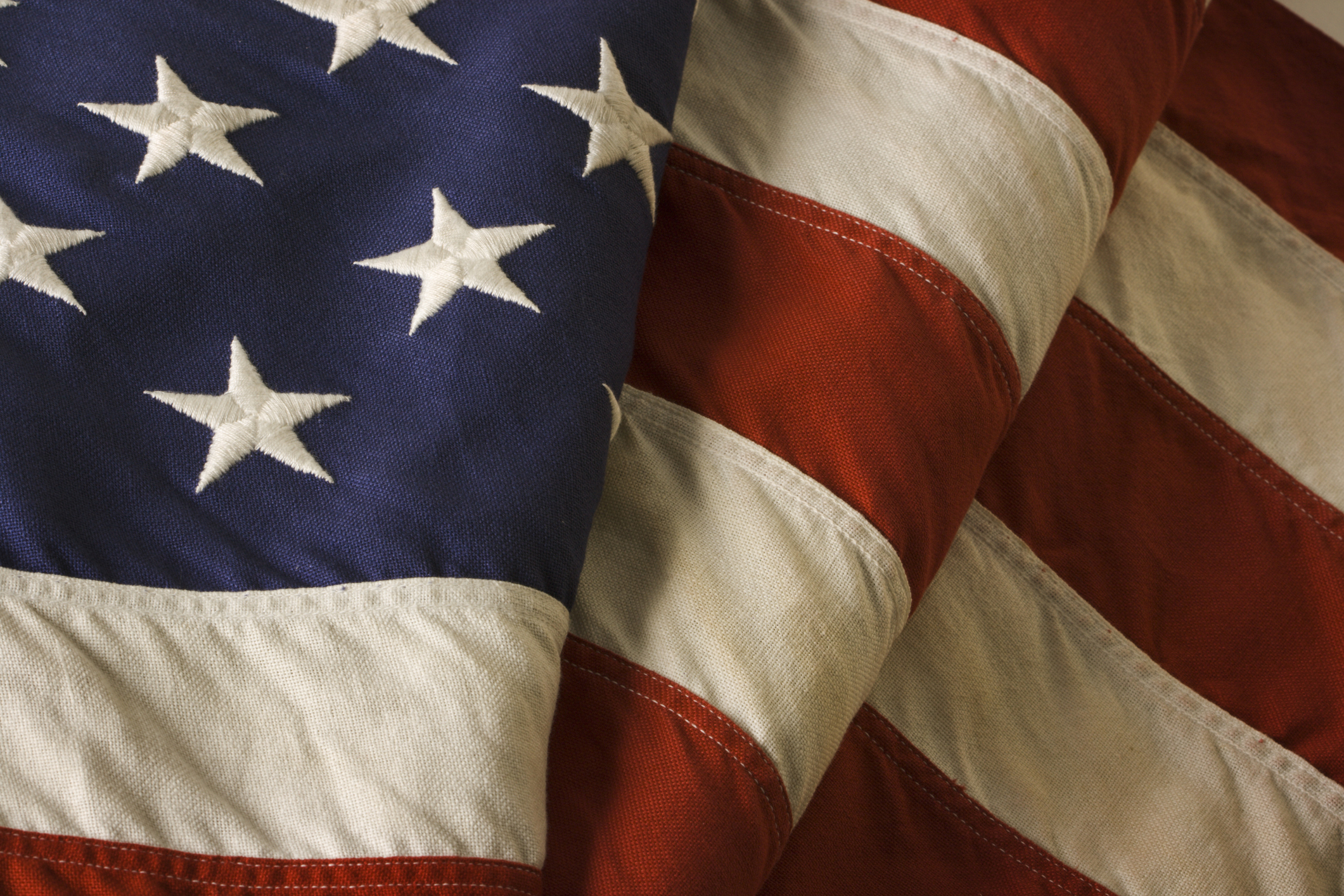Hunkering down in red states is not enough.
Revolutionary Necessity

Casting off an existing government is an exercise in considerable prudence and wisdom.
I’m pleased to respond to the excerpt The American Mind recently published from Kevin Slack’s important new book, War on the American Republic, which presents a powerful case against America’s ruling kleptocracy.
It was suggested by the editors that I focus on the following section of Slack’s book.
The only force that can oppose this servitude is an armed citizenry with a stake in society, angry about its managed decline, and insistent upon its rights. Thus the kleptocrats’ fear is an armed citizenry above all, and they seek to register, then confiscate, AR-15s to render the people defenseless against state coercion. Such tyranny could trigger open conflict—Americans own some 500 million firearms. And while the Left celebrates revolution, its marchers have never seen the systematic ordering force of conservatism when prodded to destruction. The Left can claim control of the bureaucracy and military command, but of actual fighting forces it holds few—it has alienated local police and the 3.3 million veterans who have returned from recent imperial wars. The Right, after such a long train of abuses, must confront whether it would be willing to leap into the revolutionary abyss. This willingness and preparedness for war may be the way to prevent open conflict, to force a common recognition of some table of values, of inalienable rights not subject to negotiation.
My own writings on the current crisis of the American regime have not exactly been bashful. Yet in reflecting on this passage I’m reminded of what Thomas Hobbes said when he read Benedict Spinoza’s Theological-Political Treatise: “He has outthrown me a bar’s length….”
I agree with Michael Anton that the regime would like nothing better than to instigate a violent incident by “ultra-MAGA insurrectionists” in order to justify a harsh crackdown; therefore, don’t give them any excuse. Slack himself makes this point eloquently when he observes, “while I sympathize with any defense of natural right, I also fear it.” A civil war today would pit “city against country, neighbor against neighbor, in the aisles of grocery stores, restaurants, and churches…. I still hope that we can appeal to genuine nationalism, celebrating America’s principles and its remarkable achievements, rejecting a false patriotism and tribalism.”
As a student of American political thought, Slack touches on historical and philosophical questions that interest me. What, for example, would Thomas Jefferson say if he were alive today? Based on a reading of the Declaration of Independence, we can infer what Jefferson would consider to be the minimum conditions necessary for invoking the natural right to revolution. Much of this is already laid out in Slack’s book, but it might be helpful to offer a condensed version that focuses on the key points.
The Declaration names four conditions that the signers believed had been met and therefore justified the American Revolution.
A Serious Infringement of Natural Rights
While there is a natural right of revolution that is never relinquished, even in civil society, invoking and acting on that right is the gravest political act a people can undertake. A war of revolution is still a war.
Jefferson lists 27 specific grievances against Britain in the Declaration, covering a host of topics both specific and general. Some have become rather shopworn clichés among conservatives: “He has erected a multitude of New Offices, and sent hither swarms of Officers to harrass our people, and eat out their substance.” (Not that I am suggesting clichés are invalid.) Others might seem somewhat dated since they are specific to the circumstances the colonies faced in the late eighteenth century.
But quite a few clearly express unchanging truths about natural rights and the dangers of tyranny. The most obvious is “imposing Taxes on us without our Consent.” Property rights and the right of consent—both to the form of government and those serving in it—are indispensable features of every legitimate political community. Trial by jury, which is prominently mentioned, is a civil right, but when considered alongside similar complaints about the way the king abused the judicial system, the colonists could rightly claim that they were being deprived of both liberty and the rule of law.
One grievance that’s often forgotten—“He has excited domestic insurrections amongst us”—is particularly important. Although peace and safety are not the final ends of government, they are the indispensable foundation of any healthy society and the first reason that people come together to form a social compact. Any regime that cannot supply the basic conditions of civil order is wholly illegitimate.
An Extended, Persistent Pattern
Several grievances on Jefferson’s list of charges had clearly been occurring over an extended period. For example, “He has refused for a long time” to allow local legislatures to be formed or to convene. But the Declaration makes a point of emphasizing that the colonists are not reacting rashly to a few recent slights. Rejecting the authority of the regime is a serious matter, and the colonists acknowledge that “mankind are more disposed to suffer, while evils are sufferable, than to right themselves by abolishing the forms to which they are accustomed.”
But Britain has inflicted “a long train of abuses and usurpations” which the colonists believed revealed an unmistakable “design to reduce them under absolute Despotism.” Any self-respecting people under such circumstances are compelled to affirm that it “is their right, it is their duty, to throw off such Government, and to provide new Guards for their future security.” Note, by the way that defending one’s natural rights is not merely a right but a duty.
A Refusal to Negotiate
Further evidence that the colonists were pushed into revolution reluctantly is revealed by the fact that they had repeatedly voiced their complaints and appealed for redress, only to have their attempts at discussion and negotiation spurned. “In every stage of these Oppressions We have Petitioned for Redress in the most humble terms: Our repeated Petitions have been answered only by repeated injury.” Notably, Jefferson explains that the Americans had made their case not only to the king but also to Parliament and even the British people themselves—appealing to their decency and “native justice” as well as “the ties of our common kindred to disavow these usurpations.” Yet all these audiences proved “deaf to the voice of justice and of consanguinity.”
When these conditions have been met—i.e., persistent, serious violations of natural rights, along with indifference or even hostility to attempts at reconciliation—one could say that the bonds of citizenship have already dissolved; and in that sense the social compact is no longer in force. How, precisely, a people should respond is a matter of practical judgement, but at this point the right to resist has been established in theory. Still, there is one other essential matter to consider.
The Necessity of a Better Alternative
Prudence is the word everyone invokes whenever discussing this topic—and rightly so. But it should be considered in light of what Jefferson refers to as necessity. The Declaration actually uses this word three times:
- “When in the Course of human events, it becomes necessary….”
- “[S]uch is now the necessity which constrains” the colonists to act.
- “We must, therefore, acquiesce in the necessity” of separation.
In each case, Jefferson is referring not to some kind of deterministic, historical inevitability (and obviously not to the necessities imposed by the laws of physics). He means a moral-political compulsion that arises from having no other reasonable and honorable choice.
The revolutionary leaders had studied law, history, economics, and philosophy—and knew they would have the ability to “institute new Government, laying its foundation on such principles and organizing its powers in such form, as to them shall seem most likely to effect their Safety and Happiness.” Just as important, however, was their knowledge that their fellow colonists were spirited, religious, literate, moderate, and united by common ties of culture, as well as “descended from the same ancestors, speaking the same language” (to quote Federalist 2). That meant the people of America would be capable of self-government.
One should embark on a revolution only when there is a reasonable expectation, and a plan, for a better arrangement. This alternative must be not only more just but also more stable and secure, which includes security from foreign enemies. That’s a high bar and another useful reminder that revolutions are not to be undertaken for “light or transient causes.”
To paraphrase an observation of Aristotle’s, when it is not necessary to start a revolution, it is necessary not to start one.
How this framework applies to our current conditions is beyond the scope of this reply. But one can find in Kevin Slack’s book both the spirt and the arguments of our revolutionary fathers and a compelling explanation of the challenges we face and what we need to do to recover our republican liberty.
The American Mind presents a range of perspectives. Views are writers’ own and do not necessarily represent those of The Claremont Institute.
The American Mind is a publication of the Claremont Institute, a non-profit 501(c)(3) organization, dedicated to restoring the principles of the American Founding to their rightful, preeminent authority in our national life. Interested in supporting our work? Gifts to the Claremont Institute are tax-deductible.
It will take an appeal to the good per se to overcome a corrupt regime.
An overemphasis on abstraction and individualism is what got us into this mess.
How to navigate America’s post-American future.
There’s nothing unprecedented in a return to America’s foundational ideals.
Conservatives must reassert the mores and moral virtues of self-government.






